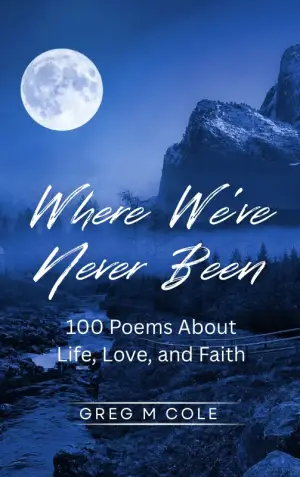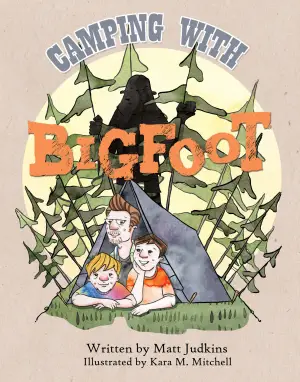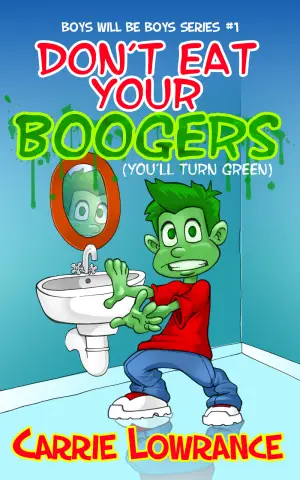The Things We Water: A Disheartening Return from Mariana Zapata
When the announcement finally dropped that Mariana Zapata was back after a three-year hiatus, my heart raced with excitement. Known for her masterful slow-burn romances, Zapata’s books are emotional sanctuaries for me—places where characters evolve and relationships are drawn with exquisite care. So, when I heard she was releasing a fantasy novel, The Things We Water, my anticipation reached fever pitch. A blend of magic and romance sounded like a dream, yet my experience turned into a far more puzzling reality.
At its core, The Things We Water follows Nina, a thirty-year-old woman who finds a magical puppy, leading her into a secretive ranch teeming with magical beings and a brooding love interest named Henri Blackrock. There’s just enough in that premise to make any fantasy lover sit up and take notice. However, I can’t help but feel that what should have whisked me away into whimsical lands instead threw me into a chaotic whirlpool.
From the first chapters, I felt overwhelmed by an avalanche of quirky characters. While a large ensemble cast can enhance the narrative, here, it was a myriad of brief introductions that felt more like a brainstorming session gone awry. Each character seemed to be armed with exaggerated traits meant to be memorable, but they quickly morphed into a cacophony of distraction, leaving little room for genuine connection.
And then there’s Nina herself. The dialogue rambled into baby-talk that felt painfully juvenile and at odds with her age. I found myself increasingly cringing at her quirky nicknames for her companion, Duncan Donut. Instead of charming, these moments landed as grating attempts at relatability.
In previous works, MZ’s brilliance lay in her slow-burn romances—relationships built on longing and subtle emotional shifts. Here, however, the romance felt rushed, with Henri exhibiting possessiveness early on, eclipsing that delicious build-up that leaves readers breathless. It was evident that the attraction ignited too early, undermining the careful pacing that had defined her earlier novels.
Ultimately, I reached the halfway mark feeling more like I was trudging through the pages out of obligation than genuine engagement. A chaotic tapestry of half-formed ideas left The Things We Water feeling more like an unrefined draft than the masterpiece I had yearned for. I had hoped that as the story unfolded, its depths would become clear, but the world-building remained inconsistent, and the characters shallow.
While I’m sure others might revel in the quirky whimsy and light-hearted fantasy this book offers, it lacks the grounding emotional weight that has made Zapata a standout voice. If you’re drawn to whimsical settings and enjoy an ensemble cast brimming with eccentricity, there may be enjoyment here for you. But for me, this felt like an experiment that didn’t take flight, and I had to let it go at 50%.
In the end, it’s a reminder that not every author’s venture into a new genre will resonate as profoundly as their previous works. I retain hope that Zapata will return to her roots, where her strengths lie in emotional depth and intricate relationships. Here’s to the queen of slow-burn love stories—we’ll be waiting for your next narrative adventure!









